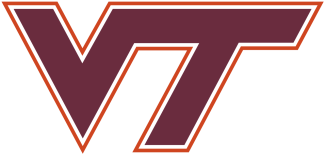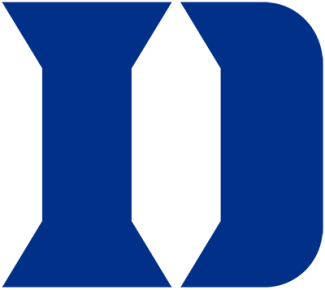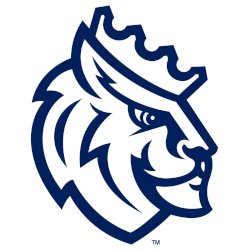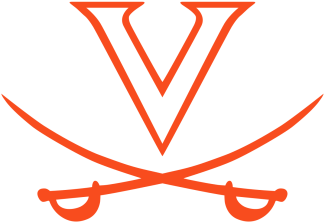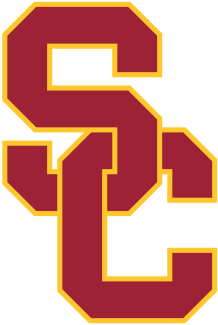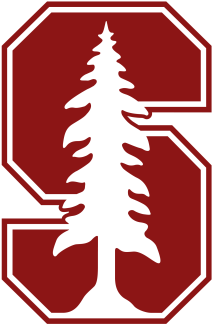Resembling a regulation stick, most of the required wiring runs inside the titanium shaft, providing the user with a clean surface. The stick is mounted to the adaptive player’s wheelchair, with the remote launching button attached by Velcro to the most convenient location for the participant. Originally, the catapult launched the ball anywhere between 22 to 30 feet.
“It can go farther, but we actually powered down the delivery mechanism,” Johnson said. “We had to account for power, pressure and orientation.”
Over time, Johnson realized that a goalie stick provided the best option for customization since it provided the user with a larger target area for receiving passes.
The new technology has significantly enhanced the lacrosse experience of David and two other wheelchair- bound participants in the Parkville (Md.) Adaptive Lacrosse Program.
“This stick has provided David with his first opportunity to play toss and catch, autonomously,” said Marty Delaney, the program’s founder and director. “There’s glee, amazement, and pride because he’s able to interact at a much higher level. It’s a richer and fuller experience.”
What started as an engineering challenge has also become a more emotionally engaged experience for Johnson and PennAir. He has made numerous visits to Parkville’s program to serve as a volunteer.
“It’s all worth it to see the joy on David’s face,” Johnson said.
PennAir also worked with Major League Lacrosse’s Chesapeake Bayhawks in 2016 to coordinate an Adaptive Lacrosse Recognition Day, which included a game on the field at Navy-Marine Corps Memorial Stadium for adaptive players prior to the Bayhawks’ game.
“Mike and PennAir have bought in, heart and soul,” Delaney said.









